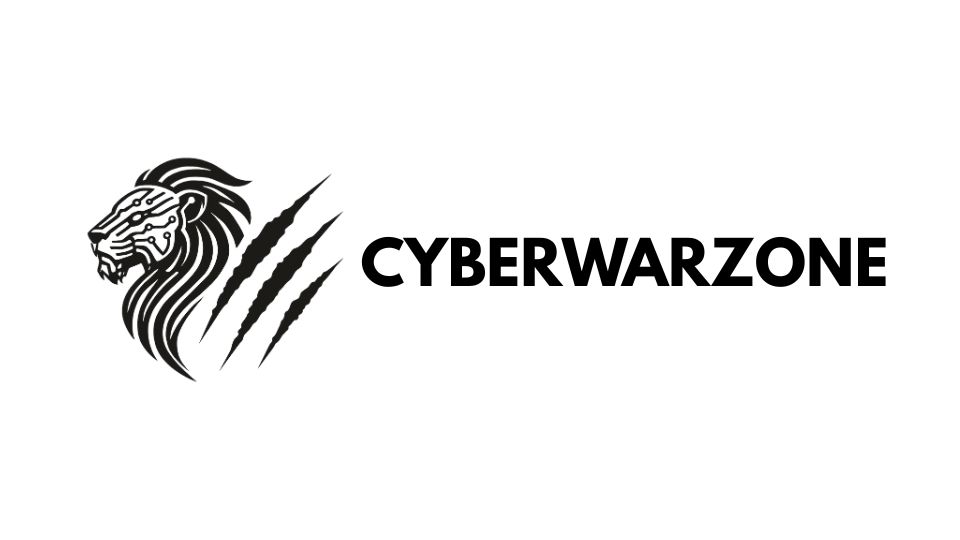Japan’s Asahi Group Hit by Ransomware, Risking Beer Shortages
Cyberattack disrupts production and logistics across Japan’s largest brewer
Asahi Group’s ordering, shipment, and customer systems were paralyzed in a ransomware attack, forcing manual operations and raising the risk of Japan running short on its flagship beer across retail and hospitality networks.
Outage and System Disruption
On September 29, 2025, Asahi Group Holdings disclosed a cyberattack that disabled its core order, shipping, and call center systems domestically. In its public notice, Asahi acknowledged that its servers had been targeted by ransomware and that traces suggest a possible unauthorized data transfer (Asahi Group). The disruption has extended into multiple days, with the company unable to resume full automated functions (Reuters). While production machinery at many factories reportedly remains intact, the inability to process orders and deliveries has effectively frozen the flow of goods (The Guardian).
Geographic and Operational Scope
Asahi operates approximately 30 domestic breweries and beverage facilities in Japan (The Straits Times). Though not all sites may have been fully halted, many are reporting logistics and system-level blocks, impairing distribution services (ITPro). The outage affects only Asahi’s Japan operations; overseas subsidiaries have thus far reported normal functioning (AP News).
Market & Retail Implications
Retailers and convenience chains such as Lawson, 7-Eleven, and FamilyMart have warned of rapid inventory depletion for Asahi products (Reuters). Some convenience stores are already substituting rival beer brands to manage gaps. Asahi’s stock in Tokyo’s markets declined by roughly 4 % amid the disruption.
Manual Remedies & Response
With automated systems offline, Asahi has begun manual order input and prioritized shipments where feasible (AP News). Call center operations remain suspended, with a planned gradual resumption starting the week of October 6 (Asahi Group). To contain the incident, Asahi isolated affected systems and engaged external cybersecurity experts to restore functionality.
Impact Table: Key Metrics
| Metric | Reported Value | Notes |
|---|---|---|
| Domestic factories | ~30 total | Many have systems impacted; production not verified fully halted everywhere (ITPro) |
| Share decline | ≈ 4 % drop | Decline following public disclosure (Reuters) |
| Retail chains affected | Lawson, 7-Eleven, FamilyMart | Substitutions and warnings issued (Reuters) |
Attribution & Attack Vectors
Though no attacker has claimed responsibility, Asahi confirmed that ransomware was deployed on its network (BleepingComputer). Investigations are ongoing, and Asahi withheld specifics to “prevent further damage.” Security analysts suggest that attackers may have targeted upstream access or supply systems rather than core manufacturing infrastructure (SecurityWeek).
Industry Resonance
This incident echoes previous supply-chain disruptions. Recently, a cyberattack on airport processing systems triggered massive flight delays across Europe, as seen in the Collins Aerospace breach (/european-airports-collins-aerospace-ransomware). It also parallels escalating tensions in cross-border espionage and cloud system attacks covered in our Salesforce breach article (/salesforce-records-theft-supply-chain).
Future Risks & Recovery
Regulators and security officials will scrutinize Asahi’s data protection protocols and recovery timelines. Unless systems are fully restored quickly, retail shortages could intensify and strain Japan’s beverage market. The ransomware incident underscores that system-level attacks—disabling logistics—can be as damaging as traditional breaches.









